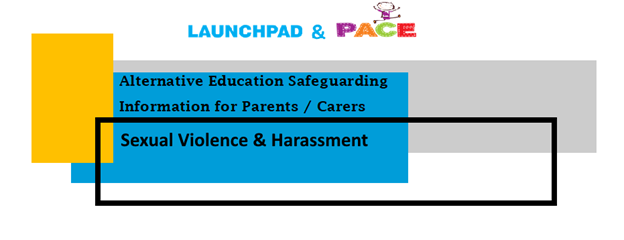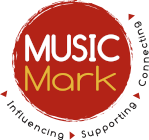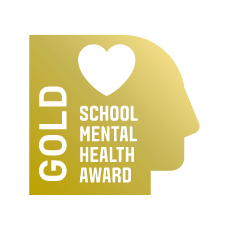Sexual Violence & Sexual Harassment

Introduction
Ofsted is concerned about the high prevalence of sexual harassment and online sexual abuse amongst children, stating that “for some children, incidents are so commonplace that they see no point in reporting them”.
Ofsted’s questionnaire to female pupils revealed the following statistics about harmful sexual behaviours happening between people their age:
- Sexist name-calling (92%)
- Being sent pictures or videos they did not want to see (88%)
- Rumours about their sexual activity (81%)
- Unwanted or inappropriate comments of a sexual nature (80%)
- Being put under pressure to provide sexual images of themselves (80%)
- Sexual assault of any kind (79%)
- Having pictures or videos that they sent being shared more widely without their knowledge or consent (73%)
- Feeling pressured to do sexual things that they did not want to (68%)
- Unwanted touching (64%)
- Being photographed or videoed without their knowledge or consent (59%)
- Having pictures or videos of themselves that they did not know about being circulated (51%)
Sexual harassment and sexual violence – the facts
Sexual violence and sexual harassment can occur online and offline (both physically and verbally), and are never acceptable. All victims should be taken seriously and offered appropriate support. Victims of sexual violence and harassment are likely to find the experience distressing and stressful, and it will, in all likelihood, adversely affect their education.
Whilst any report of sexual violence or sexual harassment should be taken seriously, but it should be noted that girls are more likely to be the victims of sexual violence, and boys are more likely to be the perpetrators of sexual harassment.
The Alternative Education school promise
As a school we will:
- Make it clear that sexual violence and sexual harassment are never acceptable and will never be tolerated – it is not an inevitable part of growing up.
- Not dismiss or tolerate sexual violence or harassment as “banter” or “part of growing up”.
- Challenge behaviour such as grabbing bottoms, breasts and genitalia. Tolerating such behaviours risks normalising them – they are potentially criminal acts.
- Understand that sexual violence and sexual harassment can be driven by wider societal factors, such as everyday sexist stereotypes and language.
- Recognise that staff can be victims of sexual violence and sexual harassment. There are arrangements in place to protect staff from such abuse, including clear reporting and support mechanisms.
Children with SEND are especially vulnerable, and are three times more likely to be abused than their mainstream peers. Additional barriers to recognising abuse in children with SEND include:
- Assuming that indicators of abuse, such as mood and behaviour, relate to the child’s disability.
- Children with SEND being disproportionally impacted by bullying and harassment without showing any outward signs.
- Communication barriers.
Taking a preventative approach
Our approach to sexual violence and sexual harassment should be part of the broader approach to safeguarding, and should be transparent, clear and easy to understand for staff, children and parents.
Penkford School has a clear set of values and standards underpinned by our behaviour policy and pastoral system, and by a programme of evidence-based content taught through the curriculum – through high-quality PSHE lessons. Such content is age and stage of development specific, and tackles issues such as the following:
- Healthy relationships
- Respectful behaviour
- Gender roles, stereotyping and equality
- Body confidence and self-esteem
- Prejudiced behaviour
- That sexual violence and sexual harassment is always wrong
- Addressing cultures of sexual harassment
It is good practice to ensure that children are allowed an open forum to talk about concerns and sexual behaviour. They should be taught how to raise concerns and make a report, including concerns about their friends or peers, and how a report will be handled.
To read Ofsted’s review of sexual abuse in schools please visit:
https://www.gov.uk/government/publications/review-of-sexual-abuse-in-schools-and-colleges





